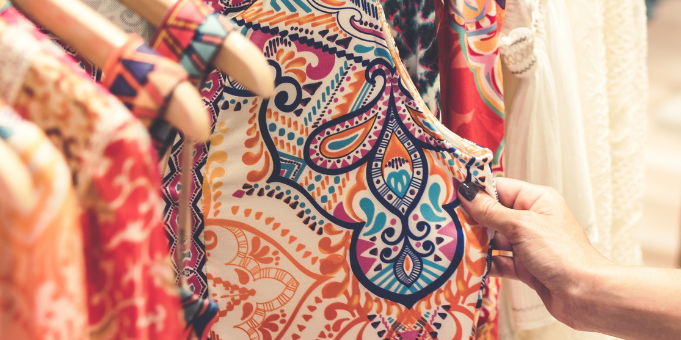Read on for some fast facts about textiles in Massachusetts:
1
Clothing and textile products amount to 6% of all material going into U.S. landfills and incinerators…that’s 230,000 tons annually in Massachusetts alone!
2
Textile reuse and recycling has the second highest potential environmental impact on reducing greenhouse gases compared to other recyclables.
3
95% of all used clothing, footwear, and other textile products can be reused or recycled, yet only 15% of reusable textiles are recovered from the waste stream.
4
Because we throw away so many valuable textiles in the trash, the Massachusetts Department of Environmental Protection has adopted a new rule to promote more repurposing and recovery. As of November 1, 2022, MA residents and businesses can no longer throw clothing and textiles in the trash. For more info google “MassDEP Textiles Waste Ban.” This means that residents will need to bag up their unwanted clothing, towels and sheets and bring them to a textile drop off site or have them collected curbside.
5
Textiles are defined in the waste ban as “clothing, footwear, bedding, towels, curtains, fabric, and similar products, except for textiles contaminated with mold, bodily fluids, insects, oil, or hazardous substances.”
6
To retain their value and avoid mildew contamination, all donations must be clean and dry. Even textiles that are worn, torn, and stained have value (really!).
7
About 45% of donated textiles are reused and sold as secondhand apparel, either in the U.S. or abroad. Another 30% is converted into industrial wiping cloths, and 20% is remanufactured into products like carpet padding, insulation, or sound-proofing material. The final 5% is thrown away because it is wet/mildewed, or otherwise unsuitable for reuse.
8
You can bring bagged textiles to the Newton Resource Recovery Center (115 Rumford Ave., Newton). Worn and torn materials are acceptable but items must not be soiled. Newton also offers free curbside pickup by making an appointment through Helpsy (see acceptable materials).
9
Think “Reduce, Reuse, Then Recycling,” Think twice before you buy, and the next time you are considering the purchase of a new item of clothing, try local or online secondhand clothing stores first or an online secondhand retailer like Thredup or Poshmark.


Recently on Twitter